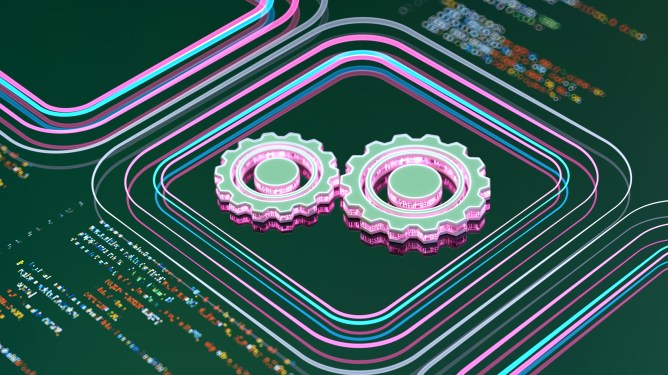As the world becomes increasingly digital, tech vendors are expected to provide software development kits (SDKs) alongside their products to facilitate app creation. However, many vendors only offer application programming interfaces (APIs), which can be cumbersome for developers to work with.
The Problem with APIs: Why SDKs Are the Way Forward
Alex Rattray, founder of Stainless, believes that AI can help bridge this gap by automating the process of generating SDKs from APIs. As he explains, without an SDK, API users are forced to read API documentation and build everything themselves. This not only leads to inconsistencies in code quality but also makes it difficult for vendors to create SDKs at scale.
Introducing Stainless: The AI-Powered SDK Generator
Stainless uses a compiler to generate SDKs from APIs automatically, reducing the need for manual intervention. Rattray’s platform can take an API spec and produce SDKs in multiple programming languages, including Python, TypeScript, Kotlin, and Go. What’s more, as APIs evolve and change, Stainless’ platform pushes those updates with options for versioning and publishing changelogs.
How Stainless Works: A Closer Look
Here’s a step-by-step breakdown of how Stainless generates SDKs:
- API Spec: The user provides an API spec, which is then used as input by the Stainless compiler.
- Compiler: The compiler takes the API spec and produces an initial configuration for the SDK.
- Fine-Tuning: Teams can then fine-tune this config to their API, avoiding problems like libraries becoming inconsistent or outdated.
The Benefits of Using Stainless
According to Rattray, using Stainless offers several benefits over traditional methods:
- Efficient Code Generation: With Stainless, code generation is automated, reducing the need for manual intervention.
- Improved Code Quality: The platform produces high-quality code that’s consistent and up-to-date.
- Faster Time to Integration: With Stainless, teams can integrate their APIs into apps faster than ever before.
Competition in the API-to-SDK Space: What Sets Stainless Apart
While there are other platforms like LibLab, Speakeasy, OpenAPI Generator, and more that offer similar functionality, Rattray argues that Stainless delivers more polish due to its compiler. This means that the output is not only high-quality but also easier to work with.
Stainless’ Enterprise Tier: A Closer Look
The enterprise tier of Stainless offers additional features and services, including:
- White-Glove Services: Teams receive dedicated support and assistance from the Stainless team.
- AI-Specific Functionality: The platform includes AI-powered tools for generating SDKs and integrating APIs.
Pricing: How Much Does Stainless Cost?
Publishing a single SDK is free, but companies have to pay between $250 a month and $30,000 a year for multiple SDKs spanning multiple programming languages. Rattray claims that the company’s annual recurring revenue is substantial, with a significant portion coming from enterprise customers.
Conclusion: The Future of App Development
As the world becomes increasingly digital, the need for efficient app development tools will only continue to grow. With its AI-powered SDK generator, Stainless offers a promising solution to this problem, providing developers with high-quality code and reducing the time it takes to integrate APIs into apps.
Related Stories
- Nvidia’s Project Digits: A Personal AI Supercomputer
- Learn about Nvidia’s latest innovation in AI hardware.
- Google Forms New Team to Build AI that Can Simulate Physical World
- Discover how Google is pushing the boundaries of AI research.
- OpenAI Loses Money on ChatGPT Pro Plan, CEO Sam Altman Reveals
Subscribe for More Tech News and Insights
Stay up-to-date with the latest news in tech by subscribing to our newsletter. Every weekday and Sunday, you’ll receive a summary of the most important stories from around the web.
Select Your Preferred Newsletter:
- TechCrunch Daily News: Get the best of TechCrunch’s coverage delivered directly to your inbox.
- TechCrunch AI: Follow the latest news in AI research and development.
- Startups Weekly: Stay informed about the world of startups, including funding, acquisitions, and more.
Subscribe Now



